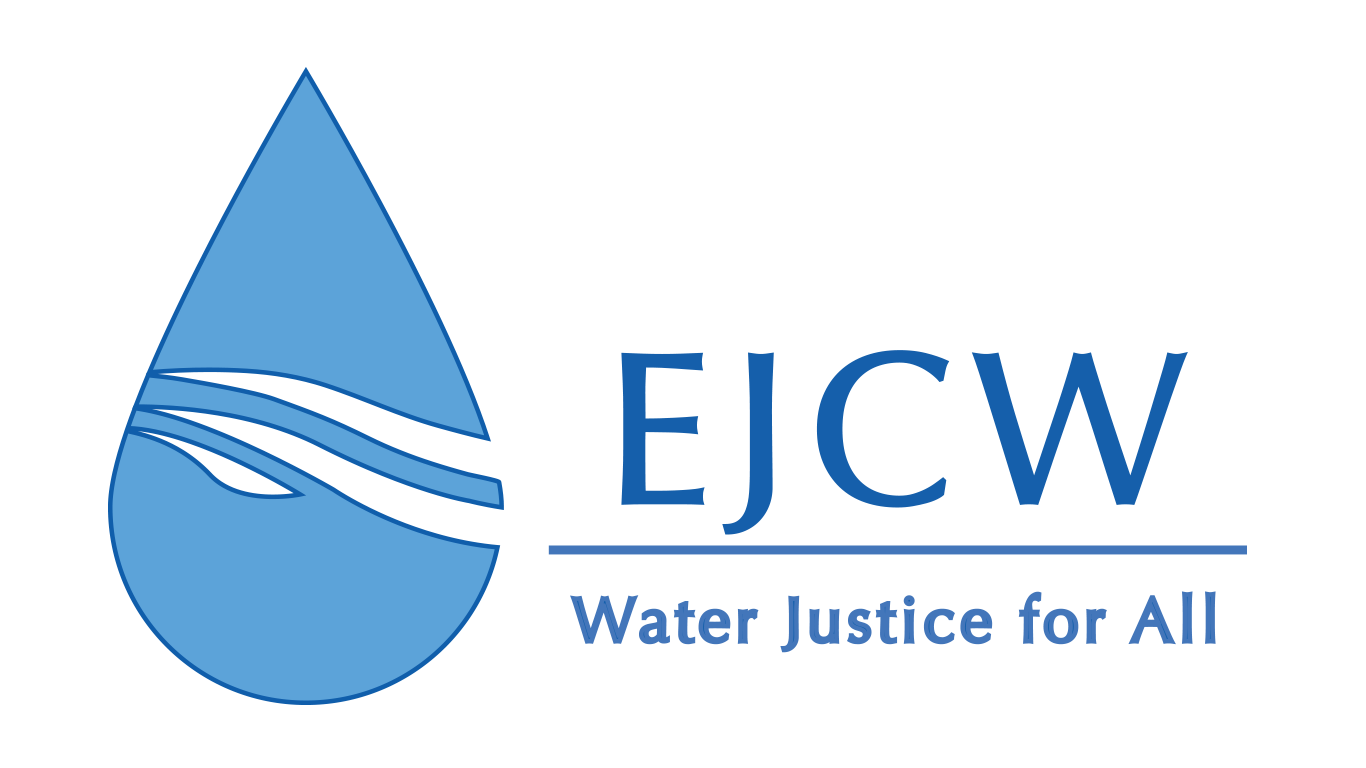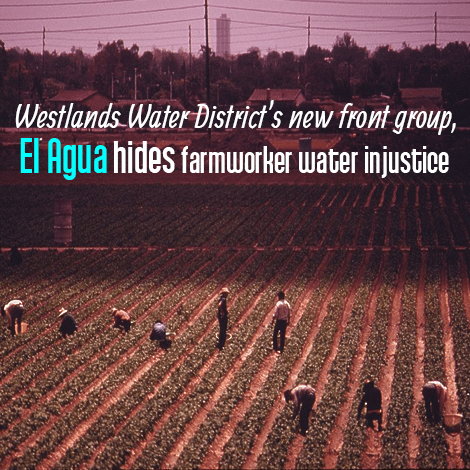Amanda Ford and Janaki Jagannath: Westlands’ new front group hides farmworker reality.
The New York Times recently reported and The Bee reprinted that the Westlands Water District has five lobbying firms under contract in Sacramento and Washington, D.C., and a massive public relations budget to lobby for more taxpayer-subsidized water and to weaken laws that protect imperiled fish and wildlife.
Westlands also has a new front group – one masquerading as a voice for Latino residents who champion more water for Westlands’ agribusiness giants. The campaign is called El Agua Es Asunto de Todos (Water Is Everybody’s Business). Westlands has already put $1.1 million into El Agua promotions and reportedly pays its $14,000-per-month operating expenses. Working through firms in New York and California, El Agua has saturated Spanish-language media in California with pleas for more water for these industrial irrigators, claiming it will lift farmworkers out of poverty.
But the El Agua campaign is a distraction from the truly perverse inequities farmworker communities experience with respect to access to water.
The stark reality is that the Westlands Water District is home to among not only the poorest, but also the thirstiest, people in the state. Residents of the small farmworker communities located just feet away from heavily irrigated fields are being used by Westlands for the El Agua campaign though they do not have access to safe, clean and affordable domestic water. Residents least able to do so must pay some of the highest (and least transparent) water rates in the nation right back into Westlands’ pocket!
These workers cannot use agricultural irrigation water for bathing, drinking or cooking. Increasing agricultural allocations would support agricultural business, while quality of life for farmworkers is on the decline.
In the farmworker communities of Cantua Creek and El Porvenir, which the state considers among the most vulnerable water systems in the state, taxpayers subsidize Westlands’ lowest income water recipients by providing residents a monthly delivery of state-funded bottled drinking water. The water provided by Westlands is contaminated by industrial agricultural byproducts and priced beyond reach. The trickle-down theory does not work for these residents.
Westlands Water District is the nation’s largest agricultural irrigation contractor, controlled by some of the nation’s richest and most politically savvy corporate farmers. The district serves more than 1,000 square miles of arid land in western Fresno and Kings counties. Some 350 vertically integrated operations consume 1.5 times the volume of water needed to serve Los Angeles. As the subsidized water flow has been cut back during the drought, Westlands’ irrigators have fallowed some fields, while intensifying the already alarming overdraft of groundwater, leading to the permanent loss of groundwater storage capacity, to grow what includes ever increasing acres of permanent tree crops, largely for export.
Westlands’ funding of El Agua was part of an unsuccessful lobbying effort in Congress last year to weaken laws and regulations that protect fish and wildlife in California waters that are exported to Southern San Joaquin Valley farms through the taxpayer-funded Central Valley Project. The battle has renewed since Congress returned this year. Threatening consequences at the ballot box, El Agua has urged the State Water Board to ignore public trust needs and send more water south of the delta.
Yet, since the drought hit California in 2012, Westlands farmers have added more than 18,000 acres of thirsty, but high-value, nut trees. They replaced crops such as garlic and tomatoes that can be fallowed in periods of drought with perennial orchards that require constant watering and are highly mechanized, thereby increasing the demand for water and reducing the demand for field laborers.
As drought conditions worsened in California, the state Department of Water Resources and the U.S. Bureau of Reclamation continued to ship water south of the delta for export through the state and federal water projects. As a result, we’ve seen a collapse of delta fisheries, increasing water toxicity and invasive species.
Water continues to flow toward larger and more intensive agricultural users rather than to the human beings who work the fields and whose health and safety are at once dependent on and threatened by it.
Westlands and other south-of-the-delta exporters have reported record incomes during the drought. So why did these industrial giants not reallocate some of the millions they spent on lobbying and public relations to assist the thousands of farmworkers who have faced drought-related job-losses, unsafe and unaffordable domestic water, and homelessness?
They prefer to install Astroturf. It can pass for the real thing and fake grass roots don’t require any water at all.
Rev. Amanda Ford and Janaki Jagannath are with The Environmental Justice Coalition for Water, a statewide coalition of grass-roots groups and intermediary organizations advocating for clean, safe and affordable water for all.

